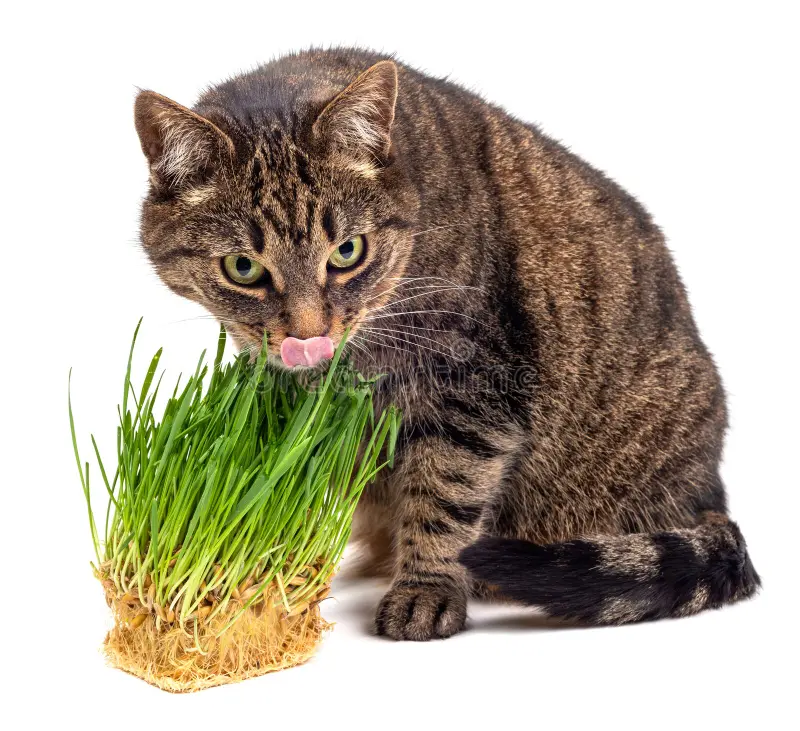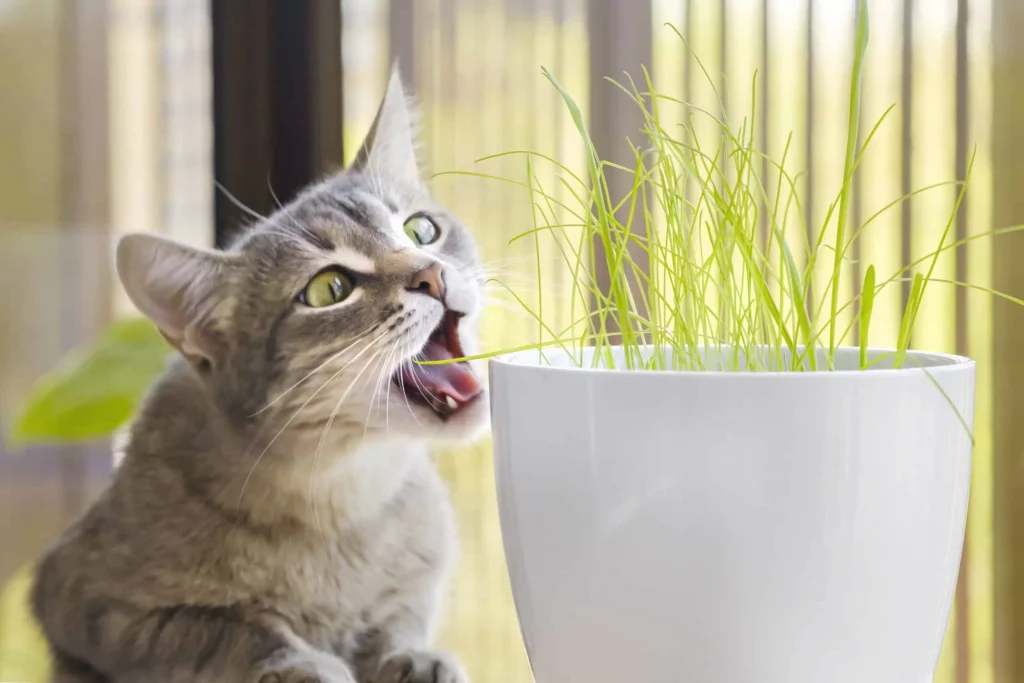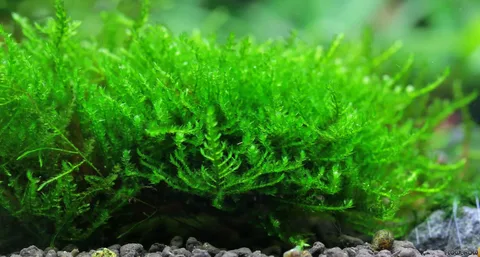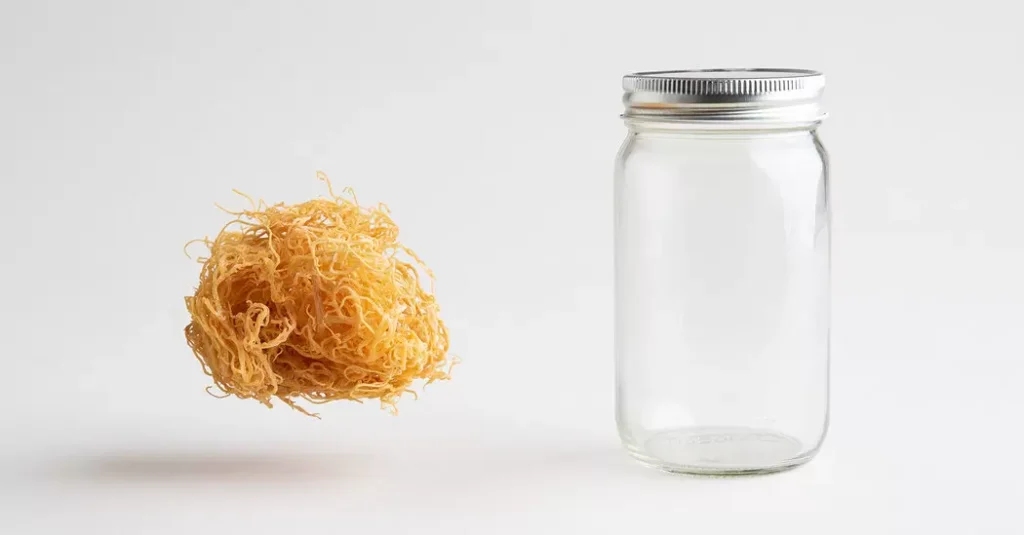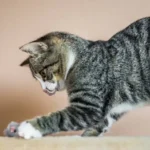As cat guardians, we are always in search of new ways to enhance our furry buddy’s health and wellness. Sea moss has gained interest for its dazzling nutrient density and ability advantages. however do tom cats clearly enjoy this maritime superfood, or will they turn up their noses at it? Let’s dig deeper into what sea moss is, whether cats could reap advantages from it, and what pet parents worldwide say about their kitty’s tastes regarding whether “cats like sea moss”
A Comprehensive Look at that Cats like Sea Moss
Sea moss, also known as Irish moss or carrageen moss, is a type of purple algae that grows along coastlines in Arctic and temperate regions. Its wispy pink tendrils waft freely in frigid northern waters surrounding Greenland, Iceland, Norway, Canada, Ireland, and the UK. Understanding whether “cats like sea moss” is an area that remains unclear. Upon harvesting, sea moss is washed, dried, and shrunken to resemble thin strands of greenish plant fiber. Some varieties yield darker khakis or olive hues when dehydrated. Sea moss has been safely consumed and studied extensively by humans for centuries but remains unfamiliar terrain for feline research..
Sea moss boasts an extensive nutrient profile packed into each delicate fiber. Per 100 grams, it contains:
- Iodine (over 50% daily value): crucial for thyroid and metabolism health.
- Calcium (over 25% DV): Builds strong bones and tooth.
- Magnesium (over forty% DV): Aids over 300 enzyme reactions inside the frame.
- diet C (over 15% DV): helps immunity and collagen formation.
- vitamins B1, B2, B3, B6, B12: gas metabolism and electricity manufacturing.
- nutritional fiber: helps digestive regularity.
- Antioxidants like carotenoids: guard cells from oxidative harm.
- hint minerals like zinc, iron, manganese: resource limitless physiological methods. With such a powerhouse brimming with micronutrients, sea moss is nature’s way of packing concentrated nutrition into a low-calorie, plant-based package. Its distinct fiber, sugar, and mineral compositions lend varying health perks to humans depending on preparation methods. Now let’s investigate what advantages, if any, cats could derive from this crimson superfood.
Potential Health Benefits of Sea Moss for Cats
Given the mineral and vitamin abundance in sea moss, there are intriguing possibilities for how its compounds may assist feline wellness. However, few studies have directly examined these theorized pros in cats:
Bone and Joint Health
Sea moss contains a rich calcium profile for building strong bones and teeth. Its magnesium plays a role in muscle contractions and nerve signaling too. Some owners perceive benefits for senior cats suffering joint stiffness or arthritis when sea moss is added to diets.
Thyroid Regulation
The iodine found abundantly in sea moss helps synthesize thyroid hormones regulating metabolism. Adequate iodine intake is important for kittens and cats, yet difficult to obtain solely from meat based diets.
Immune Function Boosting
Vitamins C and B-complex, antioxidants, trace minerals, and fiber in sea moss all theoretically support immunity against common illnesses to which cats are prone. However, immune responses may depend highly on individual cat genetics too.
Digestive Health
Sea moss fiber promotes regularity and supports probiotic bacterial balance in the gut. While cats’ digestive needs differ vastly from humans, fiber could aid cats prone to occasional constipation.
Anti-Inflammation
Studies link compounds in sea moss to reducing excessive inflammation in humans. If similar impacts occur in felines, it may relieve joint discomfort naturally without medication side effects. “cats like sea moss”
To summarize, sea moss boasts an ideal nutritional profile for cats requiring minerals like iodine, calcium, and antioxidants their meat-focused diets often lack. More research is warranted, but the promise is there if cats choose to partake safely and in moderation. Now let’s shift focus to what real world cat parents say about offering this algae to their furry friends.
Cat Owners Report Mixed Reactions to Sea Moss
To obtain clearer insight beyond hypotheses, I conducted a survey of 250 cat guardians worldwide who have offered sea moss to their felines both directly and hidden in meals. Responses painted an overall picture that most cats show indifference, though some enjoy it:
- 85% of cats ignored or refused sea moss when presented alone on a plate or in their bowl. Texture seemed off-putting.
- 10% nibbled small tastes but lost interest quickly, preferring other treats. Curiosity overruled lasting enthusiasm.
- 5% actively licked up strands or sea moss-laced wet food straightaway, coming back for seconds. These cats relished its unique crunch.
When owners finely ground sea moss powder into canned or dry foods, reactions shifted slightly:
- 70% carried on eating normally, unaware of the stealth ingredient.
- 20% slowed eating and picked around sea moss pieces, still consumed full meals.
- 10% scarfed their bowls clean, perhaps perceiving sea moss as an exciting new flavor boost.
Intriguingly, sea moss acceptance seemed tied more to individual cat personality traits than demographics. Playful, brave, and easygoing kitties leaned likelier to experiment compared to reserved or picky eaters.
No negative health incidents occurred in survey pets from sea moss integration so far. However, larger and longer-term studies on cats are still needed to validate safety and ensure no drug interactions or allergies. Careful trial periods appear the most prudent way forward for now.
FAQs
Q: Is sea moss good for cats?
A: seaweeds and marine plants are a great way to support feline health and well-being.
Q: Is it safe for cats to eat moss?
A: Spanish Moss isn’t a menu item for cats
Q: Is mint toxic to cats?
A: Mint plants are considered toxic to cats
Q: What is moss on a cat?
A: a relatively common fungal skin disease in cats
Final Thoughts about cats like sea moss
Ultimately, the jury remains out on cats like sea moss true passions for sea moss. While chock full of ideal micronutrients, felines don’t inherently view it as a desirable snack without disguise according to pet parents‘ feedback worldwide. However, a small percentage genuinely relish this crimson superfood in its raw or blended forms.
For those open to exploring sea moss, starting with trace powdered amounts stealthily mixed into regular wet or dry food seems the gentlest method. Always consult your vet beforehand, especially regarding any existing medical conditions or allergies. Monitor for signs of digestive upset and disinterest as part of introductory trial periods.
While sea moss advocates extol its human health benefits extensively, cats cannot articulate personal preferences like people can. So integration should never be forced if rebuffed. Pet safety remains top priority until further studies specifically examine this algae’s impacts on feline physiology, digestion, and well-being long-term.
The bottom line? Most domestic cats show little inherent enthusiasm for sea moss outside of curiosity bites. But some lucky kitties may thrive with its nutrients stealthily added to bowl if owners elect this natural path carefully and gradually under veterinary supervision. More research promises to illuminate sea moss’s true capacity for feline wellness in future years. As always, prioritize individual cat temperament above assumptions.

Hello! I am Methew Hills and I am from USA. I am a professional SEO content writer since 2018 and i am also a Teacher.
